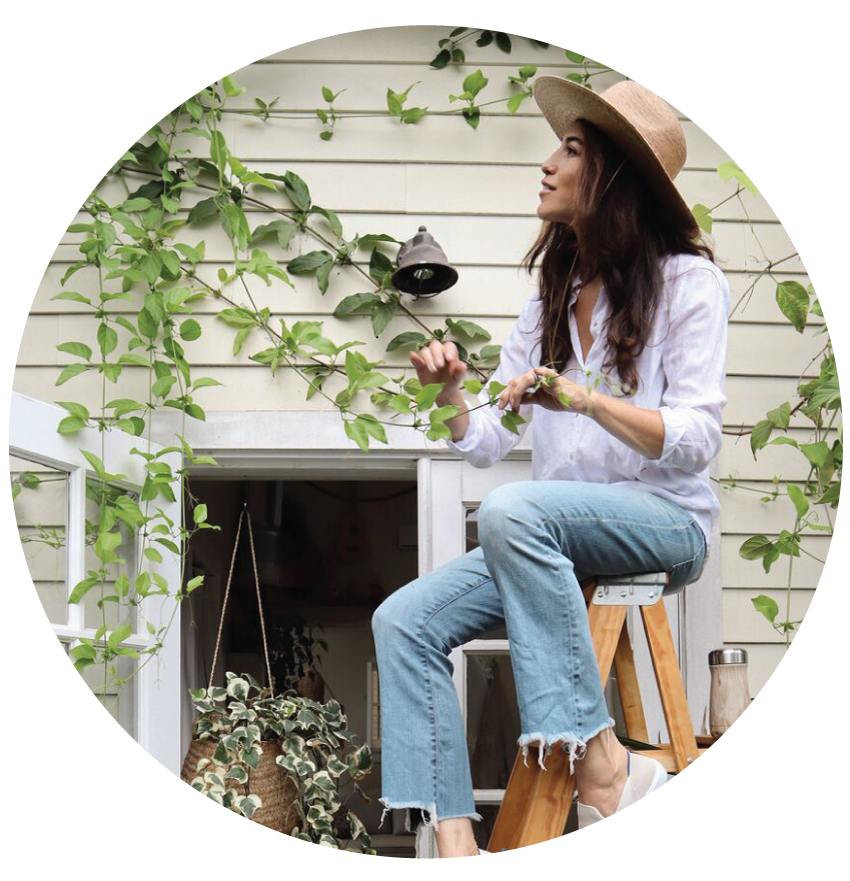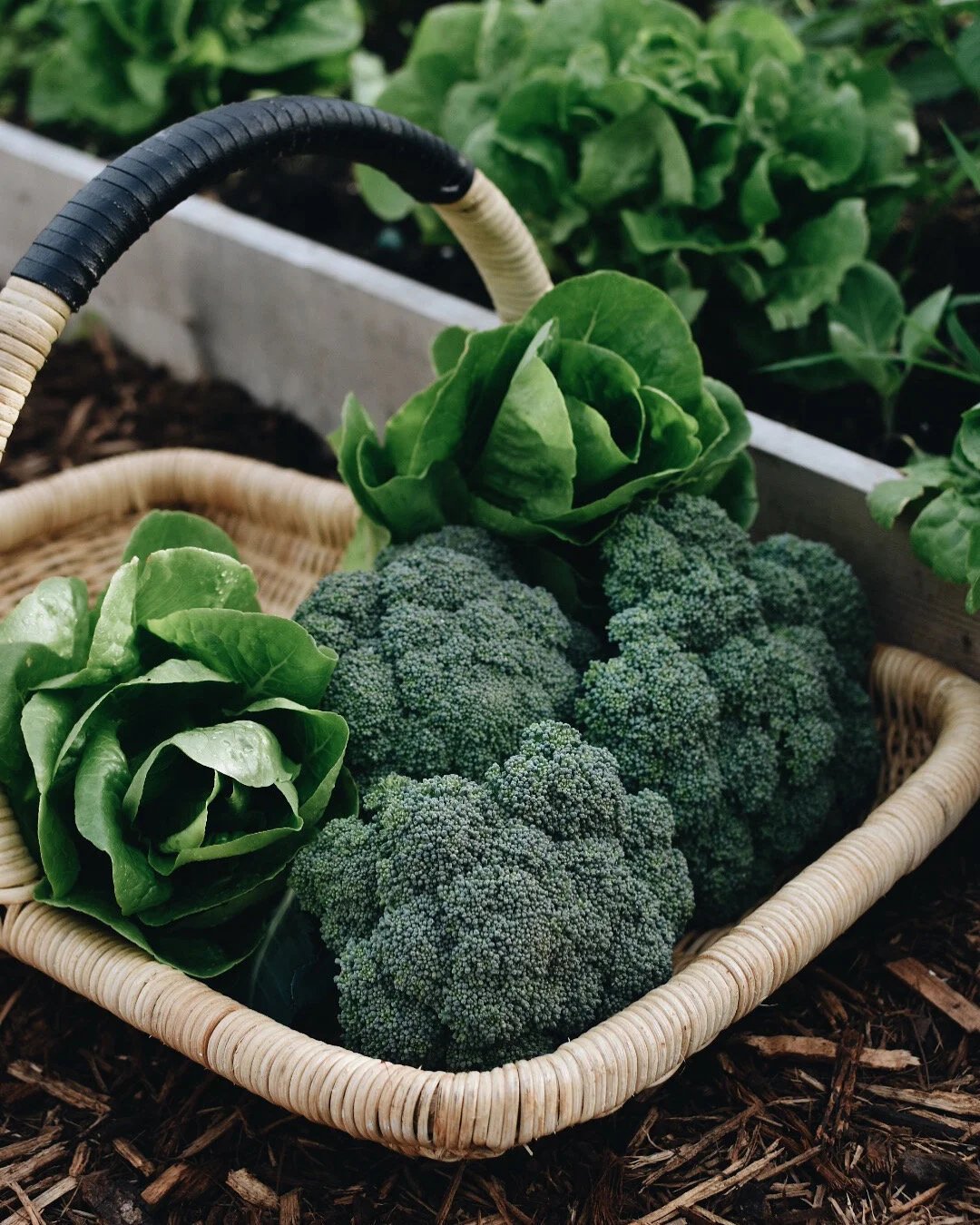Plastic Free July
Words and images by Alyson Morgan, and shared with permission.
since the pandemic we have been far from zero waste, picking up our bulk items in little plastic bags. we try to continually make choices the best we can but if anything this pandemic has highlighted the racial inequality, the accessibility issues, and the privilege of a plastic free, low waste lifestyle. it often takes more time and money to make more sustainable, ethical choices. that is privilege in action.
so for me, this plastic free july, i would like to reflect on how this type of lifestyle currently is not available to everyone + emphasize a system change. plastic free living has to be available to all for it to make the difference our living world needs.
the other day i couldn’t find my cloth mask to take to the coop, so i brought a disposable one aj’s work had sent us. somewhere along the walk, i dropped it. realizing i did once i got to the market, i traced my path back and found it along the side of the road. as i picked it up, i thought to myself, “if it was my cloth mask i would have noticed it dropping out of my pocket.” i would have tucked it more securely in my bag. it’s made from linen, i made it. it’s valuable to me. the disposable one does not hold the same value to me. plastic holds no value to “us” therefore it’s easy to toss.
in my mind, this intersects with the social movements we are seeing globally. how do we care for the things we value? when something or someone is important and of value how do we treat it? we are calling for society to value black lives, so that black bodies, homes, and communities are not disposable. so that you value our lives as much as you do your own.
so in this conversation about plastic free and sustainable living, i see it’s really about reorganizing our systems and interrogating what we value as a collective? once we know our values, we can better align our lifestyle and envision structures and systems to reflect that.
for me growing food, is an small act of resistance and divesting from the larger system, but i know it’s not enough when communities of colors face food deserts and their options are often only wrapped in plastic. if you want to get rid of plastic waste in our oceans, your individual actions will only be a drop in the bucket when the system is out of balance.
- Alyson Morgan, @AlysonSimplyGrows
Earth Star Herbals: Herbs For Home + Healing In The Anthropocene
Alyson Morgan’s interview with Erin Boyle on Reading My Tea Leaves
Shop and/or donate organic produce in LA food deserts via SÜPRMARKT. SÜPRMARKT is a low cost organic grocery that operates weekly and provides 100% organic produce to make great health and healing available to the communities that need it most, because everyone deserves healthy food.







